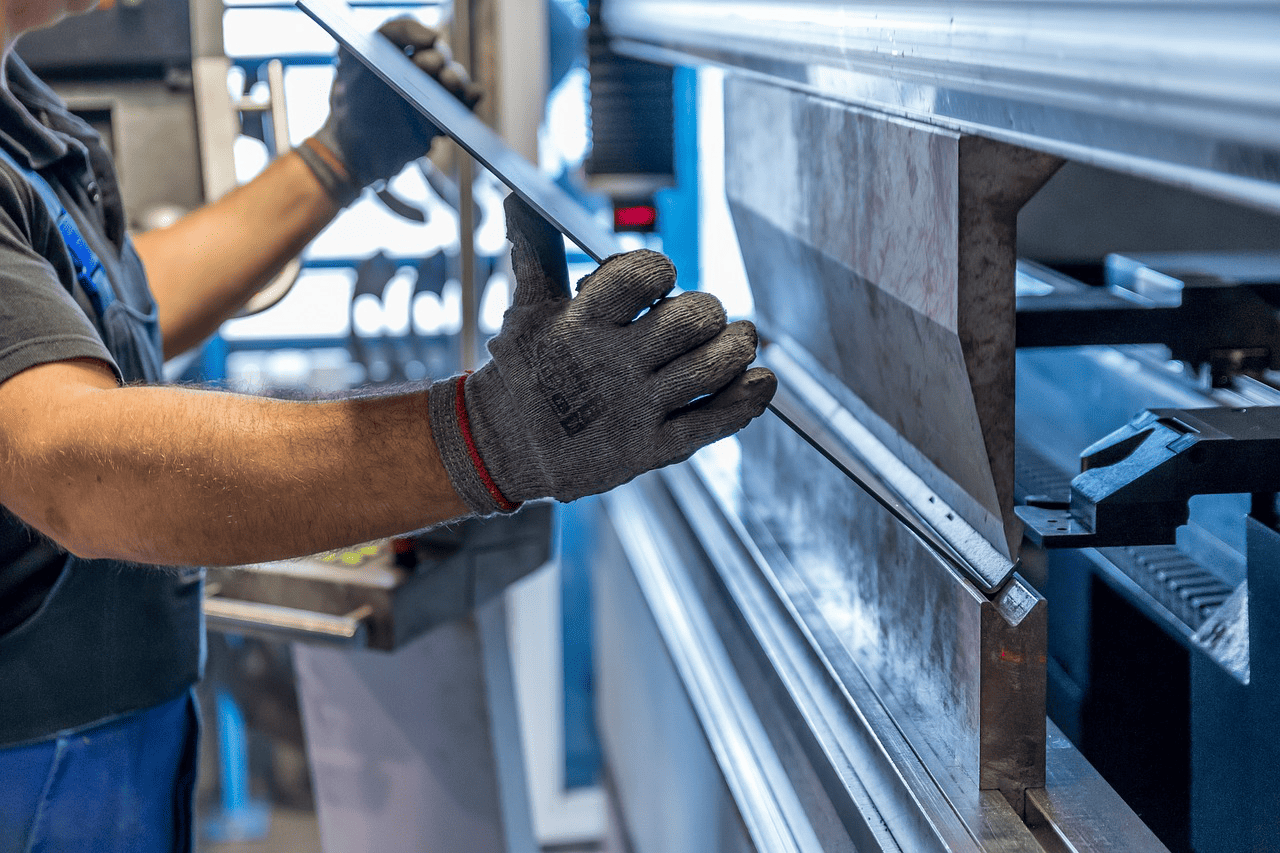
About Leia
- Founders: Astrid Gyllenkrok Kristensen and Sandra Wirström
- Founded in: 2021
- Employees: 7
- Money raised: -
- Ultimate goal: To create better circumstances for mothers and parents.
Postpartum healthcare is scarce and after childbirth, attention usually shifts to the newborn baby. Postpartum complications often affect the way a new mother ventures out after her pregnancy given the difference between the reality of it all and the societal representation of it. This is why Astrid Gyllenkrok Kristensen and Sandra Wirström decided to start their own company and help to educate women about the potential problems they may face during the fourth trimester of pregnancy. In this instalment of the start-up-of-the-day series, the two co-founders of Leia tell their story and delve more deeply into their journey they have been on.
How does Leia work?
Sandra: Leia is an app that helps mothers during the first year after birth. It gives them the tools and information they need to recover in a happier and healthier way. Leia screens for postpartum complications and postpartum depression, and helps identify these.


What kind of complications are you screening women for?
Sandra: “While giving birth, if you give birth naturally, you can suffer a tear from one to four degrees. If you ending up tearing yourself tear to the third or fourth degree, this is already treated as a birth injury. That means the muscles in your pelvic floor are damaged. And there are so many other things that could be going on. For example, you may experience urinary incontinence, pelvic tension or pelvic pain. When I talk about birth complications, I can’t try to cram everything that could possibly happen into just one issue. It can also begin with feeling the blues to postpartum depression, and the one that I just mentioned. It is very common and a huge stigma surrounds this area.”
What problem are you solving?
Astrid: “There is this narrative that exists before you give birth but the narrative in the fourth trimester just doesn’t exist. Not many people know that it takes one year for a woman to recover after giving birth hormonally, physically, and mentally. This is something we are trying to get across in the app. We want to prepare women for childbirth because their mental health is affected by social media whenever you see these women and babies in matching clothes and everything is wonderful, whereas when reality hits, it’s not all that perfect.
We screen women to check whether they have postpartum depression or whether they have any pelvic complications from the birth. If that’s the case, we then send them into the healthcare system because we’re not a healthcare provider. Because if something is wrong, you need to be diagnosed by a professional. We let them know who can help them and what kind of details they need to provide. Leia is almost like a tracker for maternity health, where we chart your mental health and your physical health, and then give you the information and tools to help you improve these as best you can.
We aren’t obsessed with our product but rather with the problem that we are solving. I think this is one of our greatest strengths.”
How do you gather all the information that you need?
Sandra: “We have a built-in chatbot in the app. Leia guides you in a practical way through your postpartum journey and before the birth. The chatbot has been developed with experts in the fields of both physical and mental women’s health. So, if the mother gets a score that indicates that she has postpartum depression, we recommend seeking a specialist in that area and we give advice on how to get in touch with them.”

What kind of challenges have you been encountering along the way?
“One thing is that we are in an area that is still being explored. There is a lack of research and experts, and we are trying to find the right people to help us build this community. Plus finding experts through posters at the doctor’s office has definitely been challenging, but also quite enjoyable! Mapping out the specialists and doing it on a global scale was challenging because we are also a global app.”
Astrid: “Many opportunities and obstacles accompany treading new ground in women’s health. A lot of data-driven companies can make use of already existing databases, but we had to start from scratch.
And obviously, we’ve had the same start-up problems as everybody else – finding the right people and getting the money together in this environment, but we’re doing pretty well. I think one of the most important factors is that I’m enjoying the journey because I’ve got Sandra.”
What makes you proud?
Sandra: “Having the product in our hands was actually one of our proudest moments. We’re really happy to see it being used all over the world because we want to give women throughout the world the knowledge and opportunity to reduce the stigma around postpartum complications. I think it’s great that the app is being used the world over. In addition, building the Leia team has made us really proud too, as they have supported Astrid and I throughout this entire journey.”
Astrid: “We did a pilot study with Sweden’s leading maternity care center and we figured out that we are actually identifying women at risk much earlier than the healthcare system. Having validated Leia as a medical partner is a very big step for us in validating the added value that it can bring to women and their families.”
Where do you think Leia will be five years from now?
Astrid: “We believe that collaboration is key, so we hope to be in at least three or four new markets. We hope that we would have broadened our scope through collaboration with others and find a way of reaching millions of women through strategic partnerships.”









